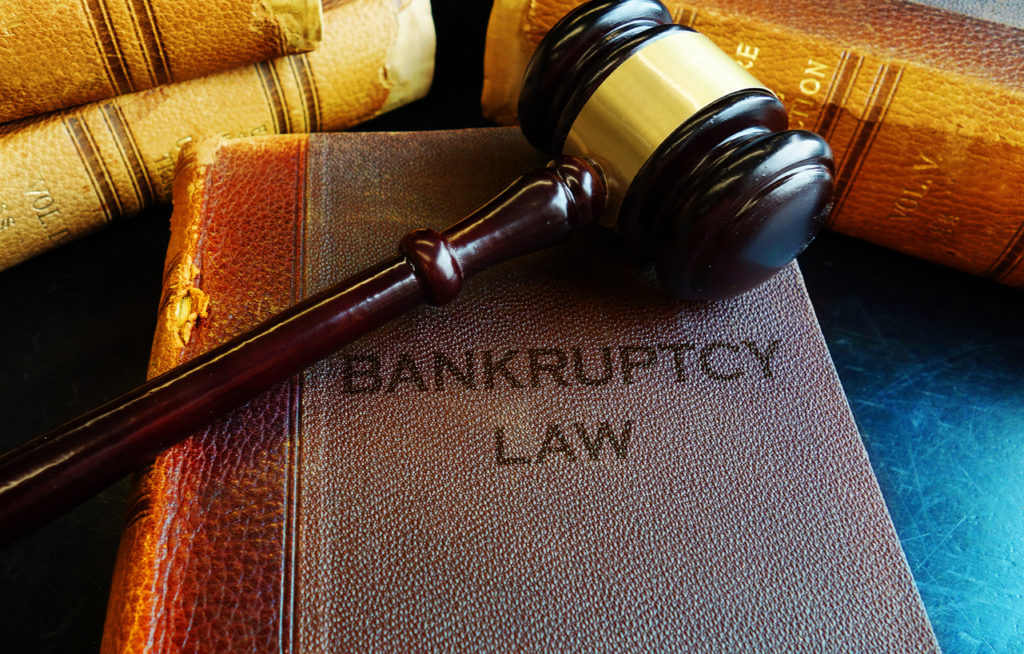
Bankruptcy may be an opportunity for a fresh start, however, it is not without consequences. Often the ripples resonating from bankruptcy can affect your financial life for many years to come.
If you are overwhelmed with debt, you may want to consult with a consumer protection attorney. The consumer protection laws provide protections from abusive collection tactics used by collection agencies and law firm collectors.
Violations of the Fair Debt Collection Practices Act (FDCPA)
The FDCPA provides significant protection to consumers. It limits debt collectors in the actions they can take and the behaviors they can engage in to collect personal and household debts, such as credit cards, medical bills, personal loans, utilities, etc.
Among the protections provided by the FDCPA, debt collectors cannot harass you, your family, colleagues, or neighbors. They must refrain from making contact outside of 8 am to 9 pm, and they cannot contact you directly if you are represented by an attorney. The law also limits what debt collectors can report to credit bureaus and how they must report the debts they claim you owe.
When debt collectors engage in unfair, deceptive, or otherwise abusive practices, consumers can sue for violation of the FDCPA. However, the statute of limitations on this is short, and consumers must file an FDCPA lawsuit no later than one year from the date of the violation.
Violations of the Fair Credit Reporting Act (FCRA)
It is a mistake to assume that everything on your credit report is correct, accurate, and up to date. In 2019, the Federal Trade Commission released data that showed that one in every five consumers have at least one error on their credit report. Many of these errors are direct violations of the FCRA.
Common errors include inaccurate financial information, name confusion, improperly recorded disputes, and providing your reports to unauthorized parties. These violations can lower your score, make it challenging to secure credit, and make it difficult to obtain a job.
Do I need to file Bankruptcy?
Bankruptcy may be considered a last resort. There are plenty of things you can do before you reach that step. Before filing bankruptcy in Pennsylvania, you should always do the following.
- Evaluate Your Debt. You may be able to adjust payment due dates, reduce interest rates, or extend payment terms.
- Prioritize Your Debts. Every debt you pay off frees up funds that you can apply towards other debts and expenses.
- Organize Your Records. It is vital to keep and organize copies of all communications from debt collectors. This includes all emails and written correspondence which you should print out and keep together in a secure location.
- Contact an Attorney. Always have an attorney review the communications you have received from debt collectors. An attorney can establish whether the information they contain is truthful and help you determine the most appropriate response.
- Monitor Your Credit Reports. You may obtain copies of your credit reports from Transunion, Experian and Equifax for free every twelve months. Each report should be reviewed for accuracy. If there are errors, a dispute letter should be sent to the credit bureau. They have 30 days to respond in writing.
At Flitter Milz, our attorneys help you defend your rights. You don’t have to be forced into bankruptcy by a debt collector’s blatant violations of the FCRA or FDCPA. We encourage you to contact us at (866) 259-0326 to learn more about the consumer laws in Pennsylvania BEFORE you consider bankruptcy. We fight to protect your consumer rights.







